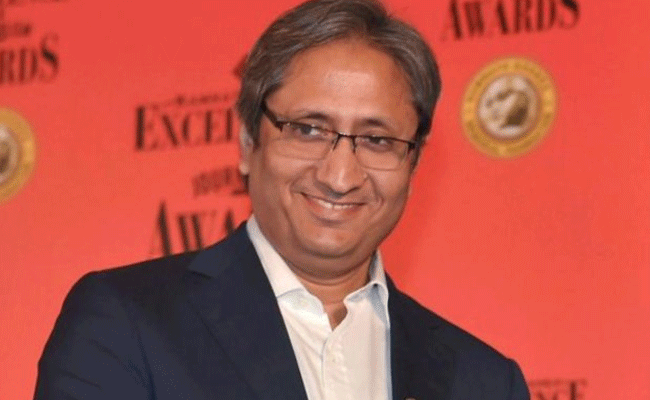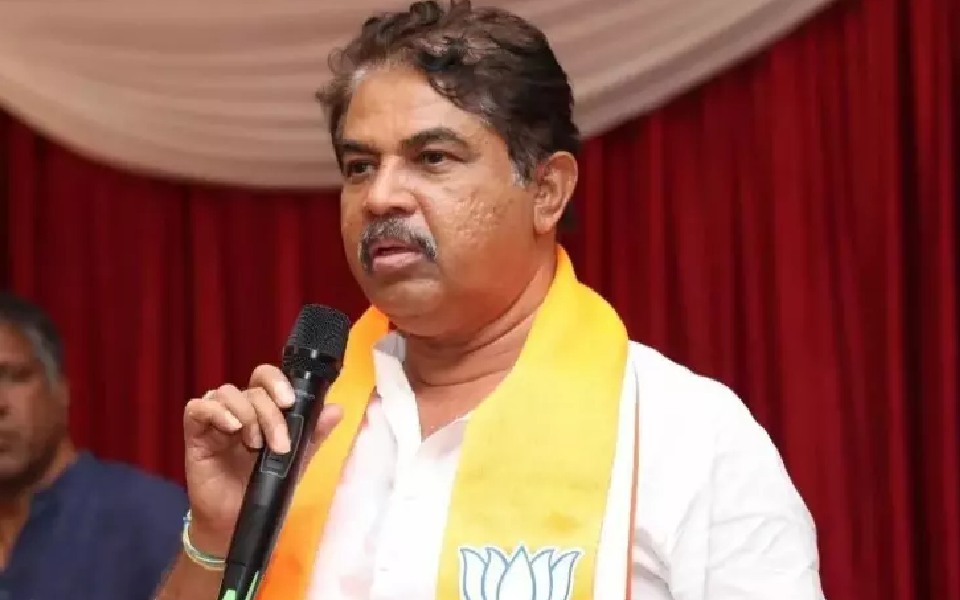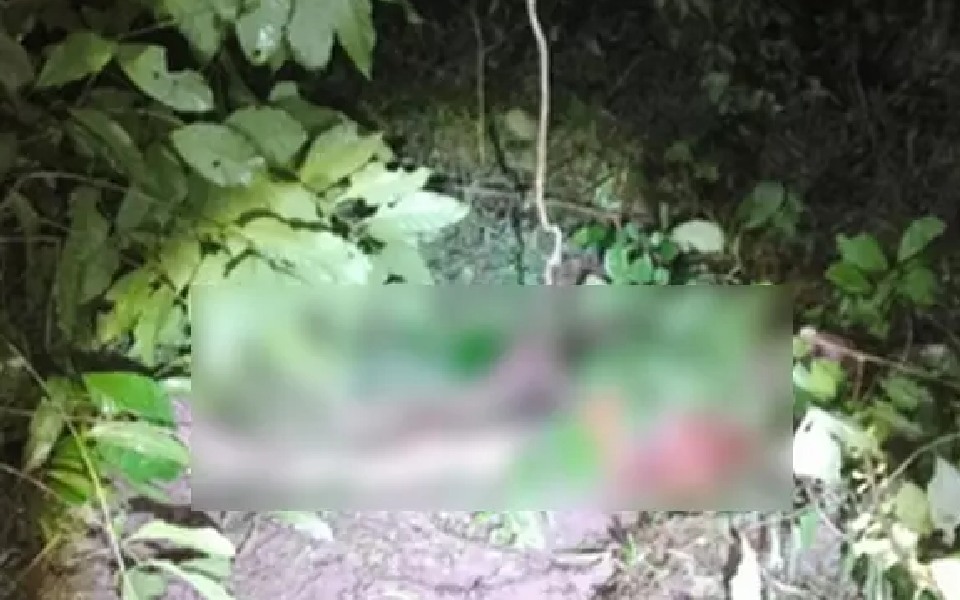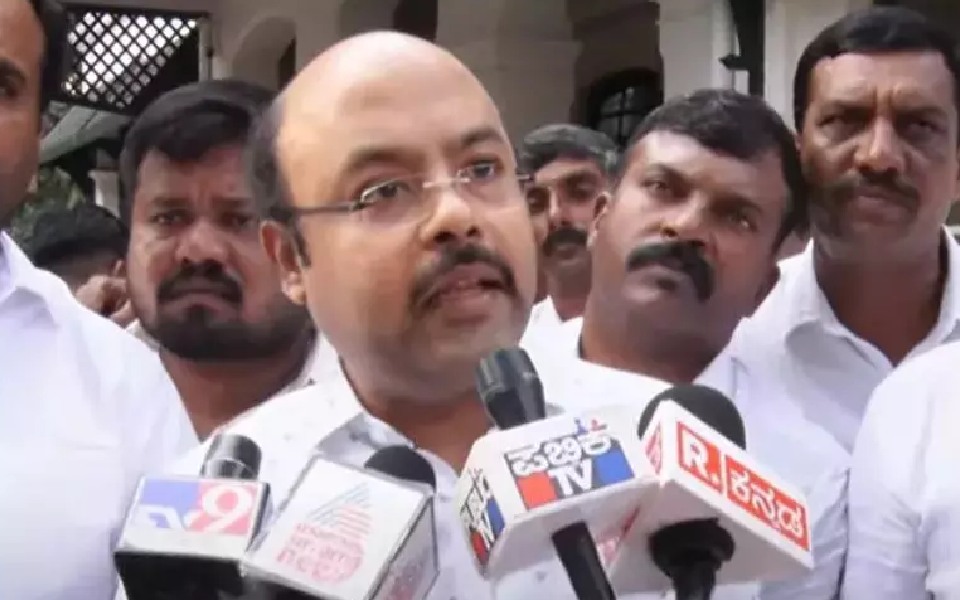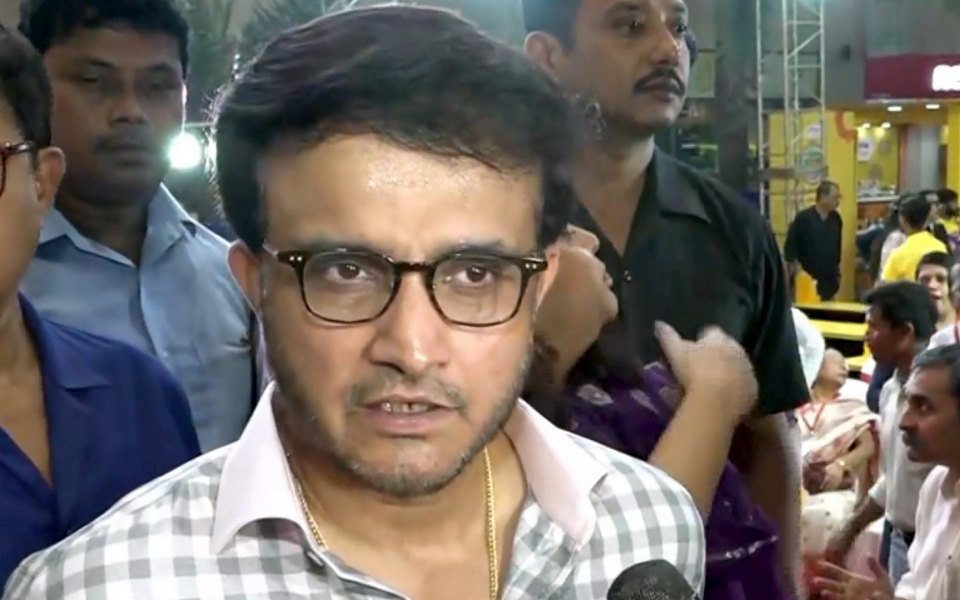Jaipur: Senior journalist Ravish Kumar on Friday said writing has helped him evolve from a “fearful” person to someone who can question those in position of power.
The former TV anchor, who has authored books like “The Free Voice”, “A City Happens in Love” (Ishq Mein Shahar Hona), (“Dekhte Rahiye”) and “Ravishpanti”, was speaking at ‘The Nature of Fear’ session on the second day of the Jaipur Literature Festival (JLF) here.
It was moderated by Satyanand Nirupam, editorial director of Rajkamal Prakashan Group, and Ravi Singh, publisher and co-founder of Speaking Tiger Books.
On being asked what gave him the conviction to question those in position of power, Kumar said there are days when he doesn’t have the courage to do it.
“There is so much impact on the mind and body that sometimes I leave it and you are doing it alone… I used to be a very fearful person, even about crossing a road. People who knew me back then were surprised ‘How is he able to speak so much?’ “There are many moments that end up giving you the courage. Writing helped me evolve a lot. The more I write, I fear less. The more I speak, that fear starts becoming even more insignificant. When the process of speaking ends, the fear starts to grow. That’s why I start writing the next day. When you write you speak to yourself, there is no viewer. The more you face yourself, the more you will fight with yourself,” he told a packed crowd at the Charbagh section of JLF.
Asked how he would define fear, Kumar quipped answers to such questions could only be found in books by Baba Ramdev, before adding said definitions were bound by time and context.
“I have my fears due to different reasons, you have your fears due to some other reasons. But in this era, both our concerns merge somewhere. If we understand that, we can work towards to remove them. You will have to fight a lonely fight to counter your individual worries,” he added.
Asked by an audience member that after going independent as a YouTuber, he has begun requesting people to ‘like-share-subscribe’ his channel whereas during his stint at the TV channel, he had often described “Prime Time” as a “zero TRP show”, Kumar said, “They often did not let the show reach the masses and that’s why I used to call it a zero TRP show. But even then people used to watch it.”
Let the Truth be known. If you read VB and like VB, please be a VB Supporter and Help us deliver the Truth to one and all.
Bengaluru: Leader of the Opposition R. Ashoka launched a scathing attack on MLC Dr. Yathindra, demanding that he retract his controversial statement comparing Chief Minister Siddaramaiah to the late Maharaja Nalwadi Krishnaraja Wadiyar. Ashoka urged Yathindra to apologize to the people of Karnataka if he had even a shred of conscience and any respect for the Mysuru royal lineage.
In a strongly worded social media post on Sunday, Ashoka stated, “Comparing Siddaramaiah to Nalwadi Krishnaraja Wadiyar is nothing short of absurd. Where is Nalwadi, who was bestowed the title of ‘Rajarshi’ by Mahatma Gandhi himself, and where is Siddaramaiah, who has stooped to being a puppet in the hands of fake Gandhis for the sake of power?”
He continued his critique by contrasting the enduring legacy of Nalwadi, remembered fondly by Kannadigas for his people-centric development, with what he termed as Siddaramaiah’s failure to manage Karnataka’s economy, burdening every household with debt.
Ashoka highlighted several stark differences, while Nalwadi built Mysore University over a century ago, Siddaramaiah is shutting down nine universities due to lack of funds. Nalwadi famously sold his family’s gold to build the KRS dam, whereas Siddaramaiah is accused of grabbing 14 sites meant for the public. Nalwadi established Bhadravati Iron & Steel Plant, Sandalwood Soap Factory, and Mysore Paper Mills. In contrast, Ashoka claimed Siddaramaiah's governance drove away industries, investors, and entrepreneurs. Nalwadi pioneered reservations for the backward classes long before it became mainstream. Siddaramaiah, Ashoka alleged, is reducing social justice to a gimmick by sticking labels on doors in the name of surveys.
While acknowledging Yathindra’s emotional attachment to his father, Ashoka emphasized that comparing Siddaramaiah to a visionary like Nalwadi was “laughable, baseless, and a gross insult” to the late king.
In his concluding remarks, Ashoka slammed the government for ignoring farmers’ needs despite an early monsoon. He accused the administration of being caught up in internal power struggles and negligence, forcing farmers into despair. “This government will not be spared from the curse of the farmers,” he warned.

